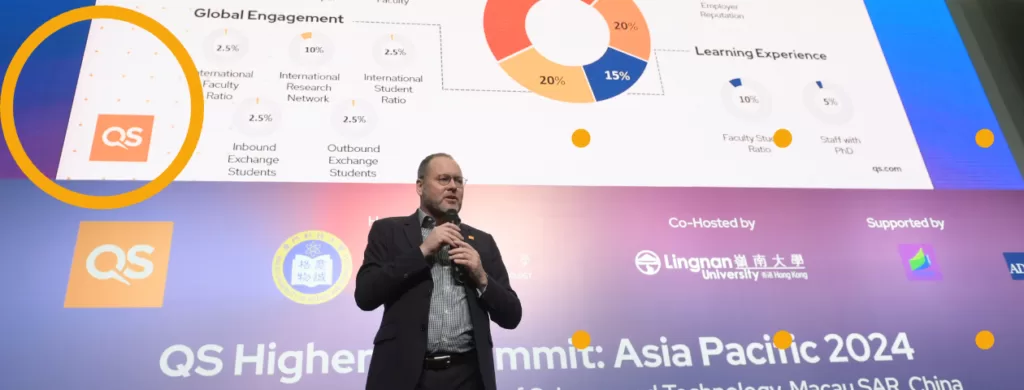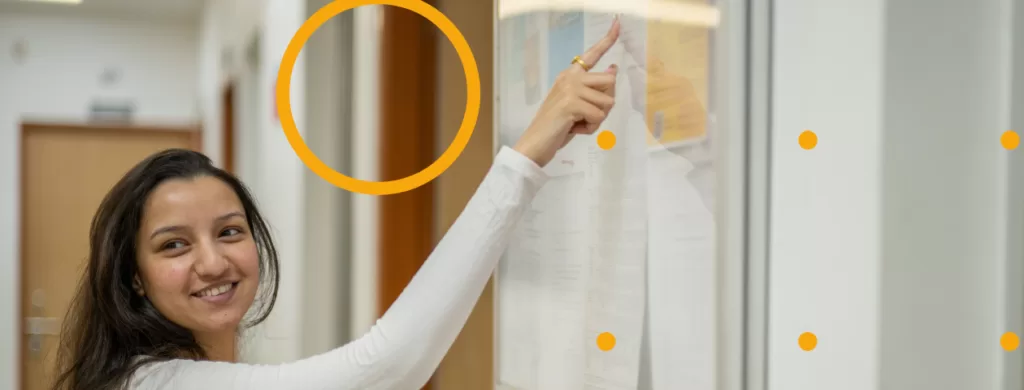In the heart of the Middle East, a magnetic pull is drawing students from all over the world. From Dubai to Doha to Abu Dhabi, education hubs with international branch campuses have sprouted up, offering students access to world-class education and cutting-edge research. In 2008, the New York Times published a story, ‘US universities rush
Magnetic attraction: New international branch campuses in the Middle East







